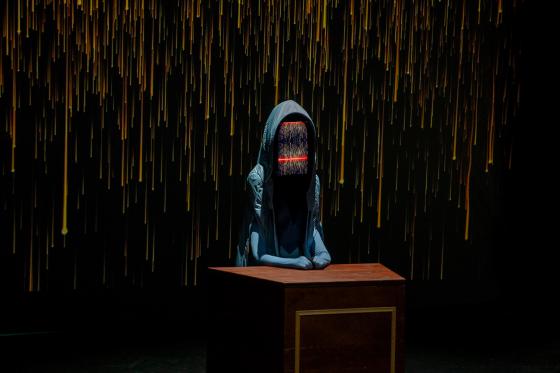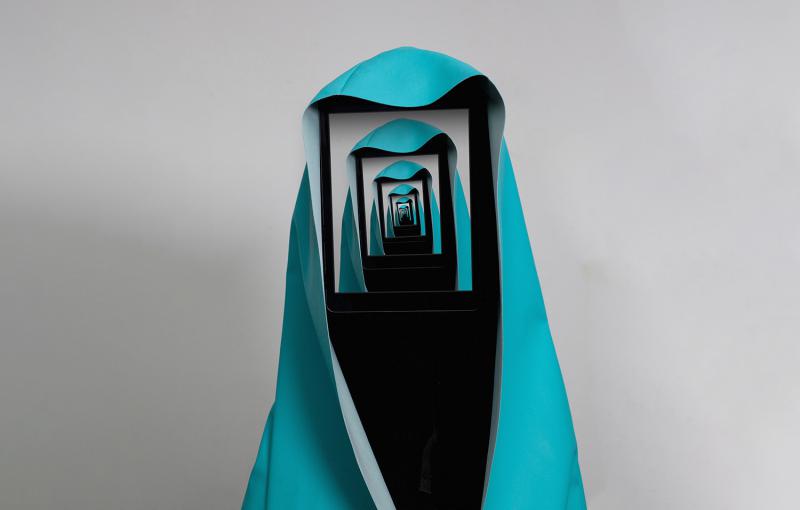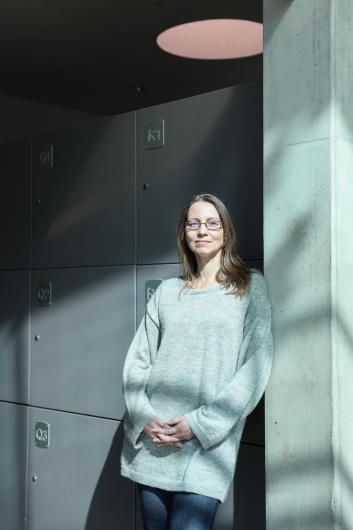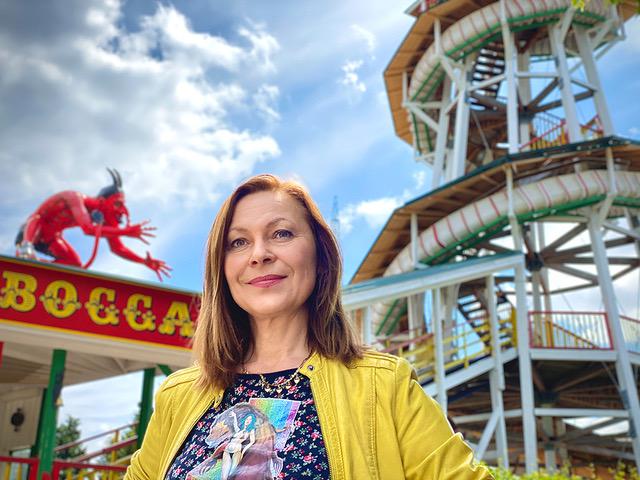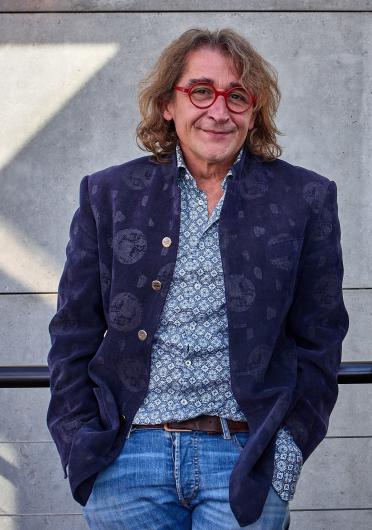Margarete Jahrmann, Jürgen Schmidt, Max Schrems, Doris Allhutter & Matthias Leichtfried (Moderation)
LOST IN AUTOMATION
Accompanying Programme for JUSTITIA! Data Ghosts
A round table on the questions: How do we feel about the use of AI in the justice system? Can AI make the world a fairer place? What moral issues have been lost in the wake of the recent, greatly accelerated rise of AI technology? And what can artistic practices do to point out these blind spots?
Margarete Jahrmann is an artist and pioneer of game art and conducts interdisciplinary research into ludic art, activism and game cultures. She has headed the Experimental Game Cultures department at the University of Applied Arts Vienna since 2021. She is an artistic researcher in projects such as THE PSYCHOLUDIC APPROACH (2023–2026) and ROBOPSY exploring AI and Role Play. The WWTF’s AI-Call Digital Humanism project (2024–2027) under her artistic direction is the only one of its kind. In collaboration with Prof. Dr. Stefan Galsauer she developed the project Neuromatic Game Art (2021–2023). She publishes internationally and participates in exhibitions and conferences such as the Tate Gallery London and the Havana Biennial. In 2020, she received the Media Art Prize of the City of Vienna and other awards, including the transmediale Berlin Prize and the Ars Electronica Prize. www.margaretejahrmann.net
Doris Allhutter is a Senior Scientist at the Institute for Technology Assessment of the Austrian Academy of Sciences. She holds a doctorate in political science with a focus on science and technology research. She is concerned with the question of how social ideas are inscribed in information systems and how the development and use of technology help to shape social conditions. She is currently investigating software development practices in the field of semantic technologies from a socio-political and socio-material perspective. She is a member of the COST Action on New Materialism: Networking European Scholarship on 'How Matter Comes to Matter'. www.oeaw.ac.at/ita/allhutter
Jürgen Schmidt is a computer scientist and has been working on the interfaces between man and machine since the beginning of his career in the 1990s. His first work on artificial intelligence dates back to 1999, and for the past 15 years he has been working with his company on research into the real-world application of artificial intelligence. Schmidt is a well-known keynote speaker and gives guest lectures on the subject at universities. Activism and art have been central to his career for a long time. For a selection of projects see: www.strg.at/web-summit-a-catalyst-for-change
Maximilian “Max” Schrems is an Austrian lawyer, author and data protection activist. He was able to end the transnational Safe Harbor Agreement between the EU and the USA and the EU-US Privacy Shield with his lawsuit before the European Court of Justice (ECJ), which is seen as a strong signal for the protection of fundamental rights in Europe. He is Chairman of the Board of the NOYB initiative, which is dedicated to the enforcement of data protection rights. de.wikipedia.org/wiki/Max_Schrems
Credits
The accompanying programme was curated and organized by the students of Gin Müller's Case Studies (Critical Studies) course at the Academy of Fine Arts: Abilaschan Balamurlaey, Luan Dannerbauer David Gees, Natalia Philomena Jobe, Sebastian Kokesch, Hanna Kucera, Martina Lajczak, Yuliana Mosheeva, So Young Park, Carlotta Partzsch, Lisa Schmidt, Adrien Summerer, Philip Finsterbusch, Stefan Pfattner Helena McFadzean, Jiachen Xu, Ema Bencikova, Iris Omari
Dates & Tickets
January 2025
Pay as you can on site. Register via the ticket button.
brut nordwest
Nordwestbahnstraße 8-10, 1200 Vienna
accessible
Event recommendations
Gin Müller, Laura Andreß & team
JUSTITIA! Data Ghosts
Wolfie Christl (Cracked Labs)
Debunking the Tech-bro AI Cult
Accompanying Programme for JUSTITIA! Data Ghosts
Doris Allhutter
AI in court. What algorithms do in the welfare state
Accompanying Programme for JUSTITIA! Data Ghosts
Metalab
Who betrayed us? Data, data, data!
Accompanying Programme for JUSTITIA! Data Ghosts
Magazin
